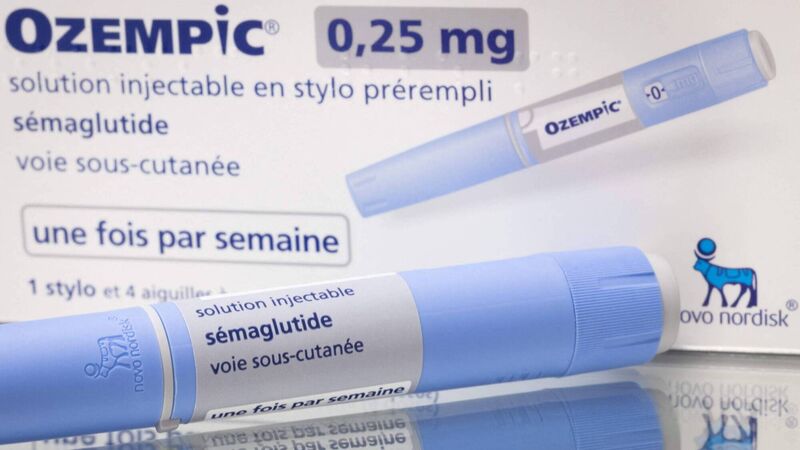Obesity drugs to reshape global food — UCC report

The emergence of the GLP1 family of anti-obesity drugs combined with increased consternation regarding UPFs and growing regulations creates risks and opportunities for the food and beverage sector.
Medical developments such as the widespread availability of obesity drugs will be a major disruptor for the food and beverage sector with a potential decrease in demand for ultra-processed food (UPF).
A new report examining the global food & beverage sector launched in UCC on Wednesday found that UPFs account for approximately 60% of US, 57% of UK and about 35% of Irish diets.











